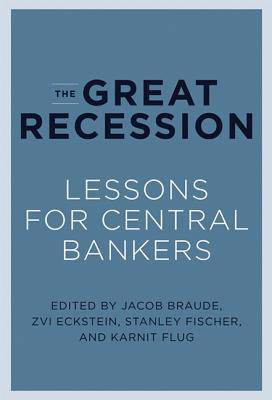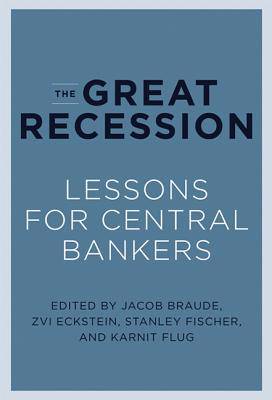
- Retrait gratuit dans votre magasin Club
- 7.000.000 titres dans notre catalogue
- Payer en toute sécurité
- Toujours un magasin près de chez vous
- Retrait gratuit dans votre magasin Club
- 7.000.000 titres dans notre catalogue
- Payer en toute sécurité
- Toujours un magasin près de chez vous
Description
Experts assess the role of central banks in responding to the recent financial crisis and in preventing future crises.
The recent financial crisis shook not only the global economy but also conventional wisdom about economic policy. After the collapse of Lehman Brothers in September 2008, policy makers reversed course and acted on an unprecedented scale. The policy response was remarkable both for its magnitude and for the variety of measures undertaken. This book examines both the major role central banks played in the crisis and the role they might play in preventing or preparing for future crises.
The contributors, central bankers from around the world, focus on monetary policy, the new area of macroprudential policy, and issues of exchange rates, capital flows, and banking and financial markets. They look at the experiences of both developed and emerging economies, considering why some, including Israel and Australia, suffered only mild effects while others--Ireland for example--plunged into severe financial crisis.
Spécifications
Parties prenantes
- Editeur:
Contenu
- Nombre de pages :
- 380
- Langue:
- Anglais
- Collection :
Caractéristiques
- EAN:
- 9780262526739
- Date de parution :
- 29-08-14
- Format:
- Livre broché
- Format numérique:
- Trade paperback (VS)
- Dimensions :
- 146 mm x 223 mm
- Poids :
- 485 g






